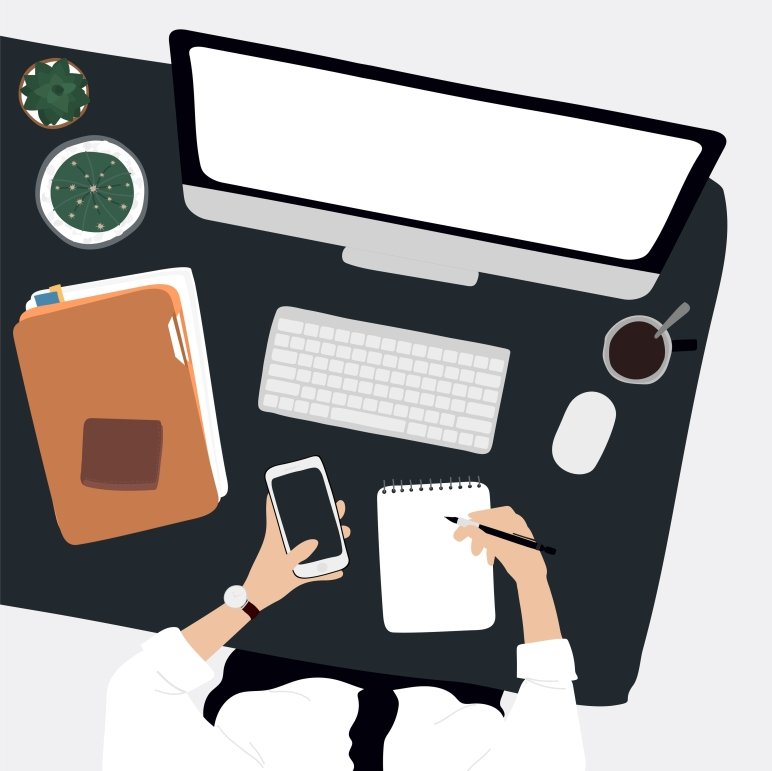Why did you want to take part in a mini career project?
I wanted to take part in a mini career project because I knew what I wanted to be doing, but I just didn’t have the knowledge on how to get there or what the first steps to take were.
What career/professional did you wanted to speak to?
A journalist.
What key things did you want to ask a journalist & why?
1. How important is it to have an NCTJ (National Council for the Training of Journalists)? The only way I’d be able to receive this accreditation is through doing a masters in journalism, which isn’t something I currently want to do. I was curious into how relevant it is to employers in the current job market.
2. What is the best way to reach out/network with someone you haven’t previously met? Networking is a learned skill that I often find difficult navigating.
3. Where is the best place to start?
What did you find out from the professional?
That the NCTJ qualification is largely dependent on which publication you’re applying to. For example, a newspaper company is more likely to prefer employees having it, whereas other workplaces may not deem it relevant anymore.
Any top tips or key information you found out, which you think other young people may be interested in?
When it comes to asking for guidance, support or anything really, it’s important to get to the point quickly. For example, “I understand how busy you may be, but I would really appreciate a moment of your time.”
List any resources (e.g. websites, organisations, social media accounts, training), you found out through taking part which you found helpful?
A number of Facebook groups that offer support, guidance and informal networking.
A draft message for reaching out to individuals on a networking basis.
Any additional comments?
Speaking with Sarah gave me the knowledge and confidence to put myself forward for a graduate scheme that placed graduates with long-term health conditions in a placement in our area of study. After successfully completing this scheme, my current employer was impressed with my work and offered me a more permanent position. This would not have happened if it had not been for the confidence instilled in me by my discussion with Sarah.
Written by Zahra Baz





